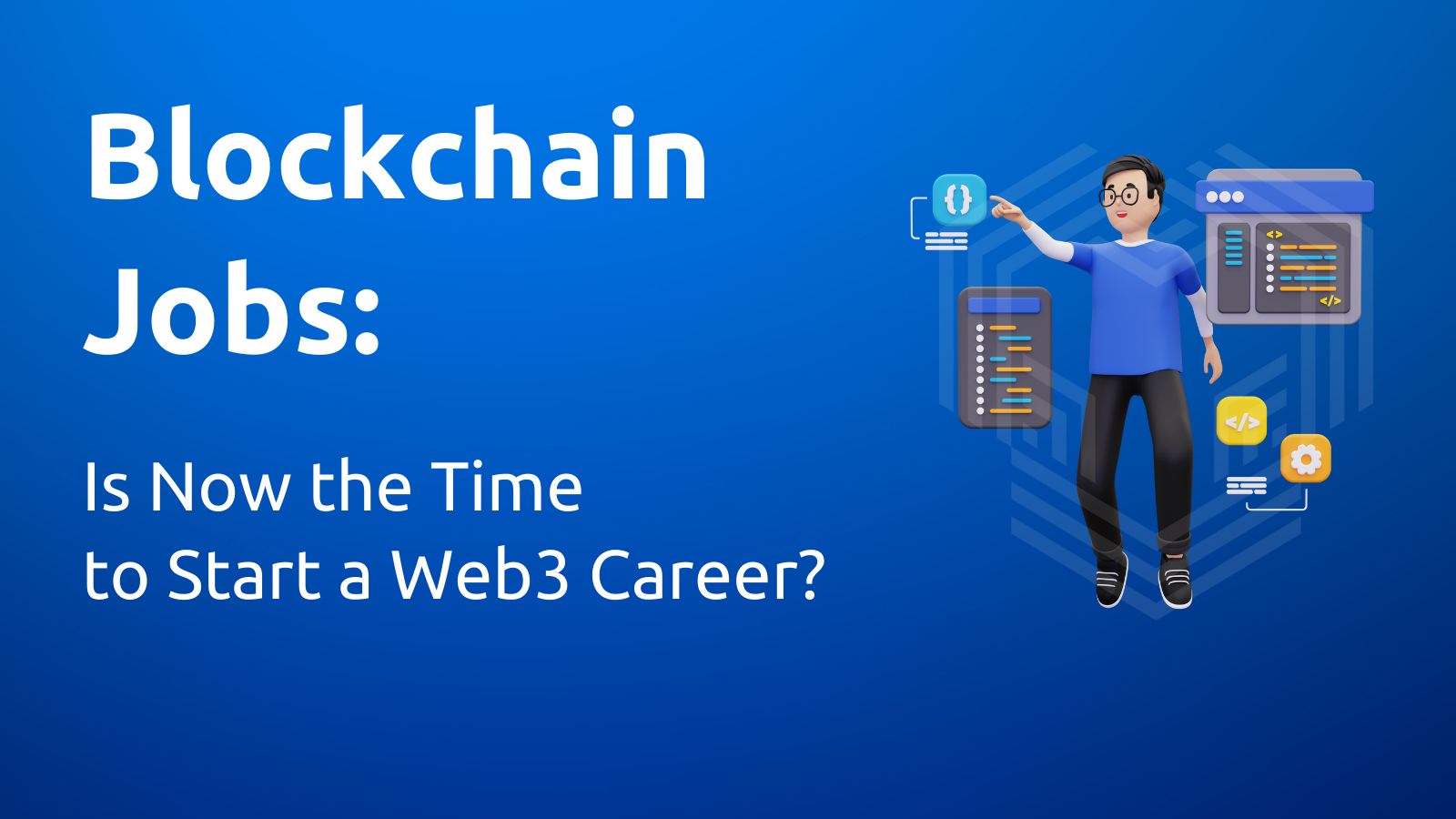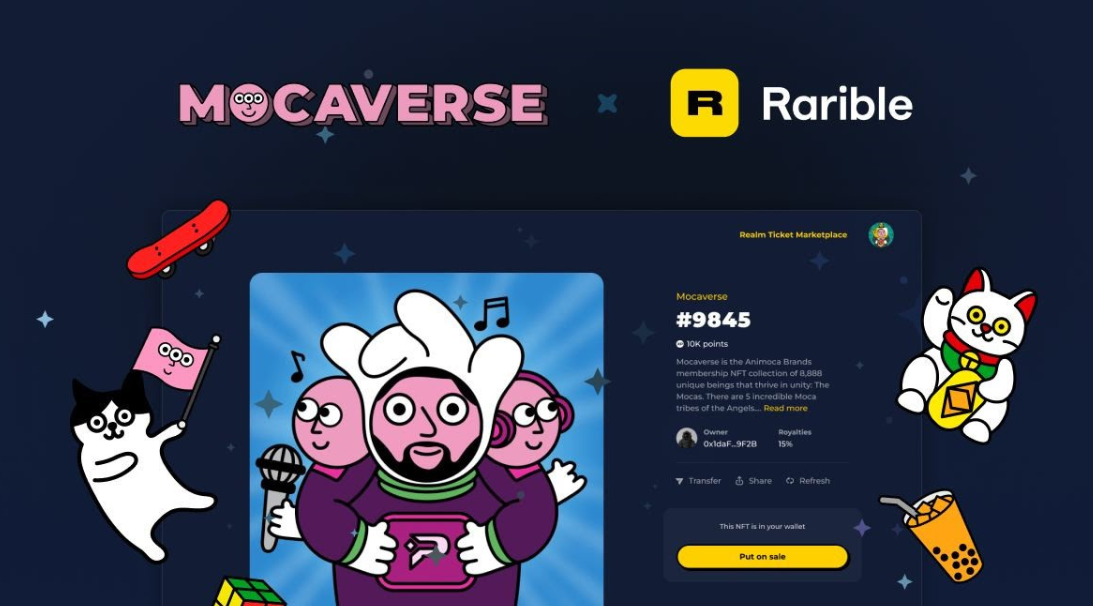A VR Metaverse built with Blockchain & Unreal Engine

Victoria VR is a blockchain-powered project that seeks to be the next big thing among the Metaverse and VR revolutions.
Powered by technologies such as the Unreal Engine, cryptocurrency and NFTs, Victoria VR is focused on the development of a self-sustaining virtual world that does not depend on its original creators to continue growing.
This, in addition to the degree of creative freedom users want, is the decisive factor that separates the projects from the competition.
“Our vision is to let our users bring to life their craziest ideas and their most secret desires,” reading the project’s whitepaper, “We want our citizens to be able to experience their greatest life desires, with unlimited opportunities to work, create, discover and act.”
This vision is supported by the team assembled to develop Victoria VR, which includes veterans in the world of gaming, software development, blockchain and of course VR.
The founders Adam Bém and Ondřej Dobruský not only have a lot of experience in the world of software development and cyber security, but also have many years of experience in management positions over the past decade.
Now they work with a team made up of some of the best talent in their respective fields, including names like Mario Valle Reyes, Adam Slezak, Jan Herman, Mark Akinwale and Loic Claveau.
Victoria VR: An immersive world where anything is possible
By bringing the best of virtual worlds from the past such as Second Life and Minecraft into a virtual world focused not only on entertainment, but also practicality. Victoria VR is about creating solutions.
This is a concept that has separated the concept of Metaverse from virtual worlds like those mentioned as well as other titles like Final Fantasy XIV, World of Warcraft and many more.

Victoria VR not only recognizes the value of these massive virtual worlds, but also learns from their success stories, merging them with VR, blockchain and more.
Ever since Ivan Sutherland and Bob Sproull created the first VR headset back in 1968, new iterations and approaches have emerged. However, it wouldn’t be until around 2012 that the Kickstarter campaign for the Oculus Rift would bring VR into the mainstream.
Suddenly, everyone was talking about how VR technology like for popular works like Ready Player One, Snow Crash, Sword Art Online and even The Matrix was just years away.
VR growth is happening now
For years, VR remained relatively present in popular culture, but it was also relegated to the role of a novelty. Now talking about the Metaverse and the reduction of VR gear as a result of more competition in the space has allowed VR to re-emerge.
The VR market is estimated to be worth $12 billion as of 2022 and is only expected to continue to grow with projects like Victoria VR leading the way.
With game-related software and hardware such as Unreal Engine, graphics cards, operating systems, code libraries and more, VR is now more accessible than ever.
Victoria VR is a project that wants to bring all these technologies together to create a new way for everyone to immerse themselves in a unique experience in the Metaverse.
A four-part approach to the metaverse
With Victoria’s VR approach to the metaverse being about merging the entertaining and the practical, the team came up with 4 areas they want their Metaverse to be applicable to: Education, Productivity, Finance and Entertainment.
Victoria VR is a project that learns a lot from the success of virtual worlds designed for games and entertainment.
As such, the inhabitants of its metaverse will be able to engage in gaming, exploration, and relaxation. However, activities such as shopping, sporting events and concerts will also be available, adding value to the entertainment aspect of the projects.
In terms of productivity, business meetings and conferences, public services and customer experience solutions are also available.
This means brands and organizations can use Victoria VR to allow their teams to collaborate more effectively, which has become a priority in the post-COVID world.
Lots of real world use cases
With the proliferation of remote work and virtual offices, it promises to be a game changer for employers and employees alike.
Just like work, education is another area that has changed dramatically in recent years.
This is why Victoria VR has also chosen to include tools and solutions that allow schools and universities to use Metaverse to conduct classes, training courses and other activities they need.
With the additional capabilities that a virtual world brings to the table, this will allow students to enjoy experiences that would otherwise be unavailable-
Finally, we have one of the most important aspects of Victoria VR: the economy. The project uses cryptocurrency, distributed ledger technology (blockchain) and NFTs to create an open economy where users truly own their assets and their value.
This is possible due to the existence of marketplaces and the creation of a new business model that will be self-sustaining without the need for a third party. The ecosystem is entirely dependent on users, meaning the interests of non-commercial businesses will influence Victoria’s VR Metaverse.
Bringing economic opportunity to the Metaverse
Metaverse promises to be one of the greatest innovations of our generation. With financial experts like Citi predicting it will be a multi-trillion dollar industry, it’s easy to see why any tech titan would want to be a part of it.
However, for-profit companies have proven unable to win users’ trust when it comes to privacy, user financial interests, or other areas of concern.
Victoria VR’s goals, on the other hand, are solely dependent on users’ interests.
As the project seeks to become self-sustaining, it has put several incentives in place that will ensure users not only remain engaged with Metaverse, but are also personally invested in its success.
Add the decentralization that blockchain and crypto bring to the table, and it’s a recipe for a rich and complex economy that will benefit all users, regardless of nature.
VR Tokens
Victoria VR uses a unique currency known as VR Tokens, which will be used to interact with all the functions and financial systems of Metaverse. This currency will also be earned by users as rewards or from their interactions with other players.
Have you ever dreamed of working remotely from a foreign company or buying clothes online without having to risk them not fitting you? This currency will allow such transactions.
Of course, since Victoria VR also has a lot of games built in, users will be able to benefit from the rise of the Play-To-Earn movement started by games like Axie Infinity. This further increases the number of economic opportunities that Victoria VR brings to the table.
In addition to all the activities that users can participate in and the assets they can acquire, Victoria VR also has virtual real estate that can be developed.
Virtual real estate assets bring a new layer of reality and complexity to the Victoria VR ecosystem similar to household names such as Decentraland and The Sandbox.
Finally, there is the governance model. Victoria VR operates as a decentralized autonomous organization (DAO), a model that has become increasingly relevant in the blockchain space.
What this means for users is that they are in front of the projects, helping to decide how it grows and develops.
Influencing project growth further contributes to the role users play in deriving value from their interaction with the Victoria VR universe, taking it to a level that no other blockchain Metaverses can achieve.
Victoria VR: A leader in VR innovation
Victoria VR is a Metaverse project that shines for its complexity, which is the result of its commitment to creating the definitive Metaverse.
Not only does the project offer decentralized elements such as NFTs, Crypto and blockchain, as well as traditional elements such as fully immersive VR, MMORPG-like features and freedom of choice.
However, Victoria VR is the only one that uses technologies such as Unreal Engine to achieve hyper-realistic graphics and SFX, algorithmization and a complex self-sustaining economy.
By committing to creating an ultra-high quality Metaverse, Victoria VR is not just looking to be another player in the space, but to be THE Metaverse.
To learn more about Victoria VR – just click here!
























